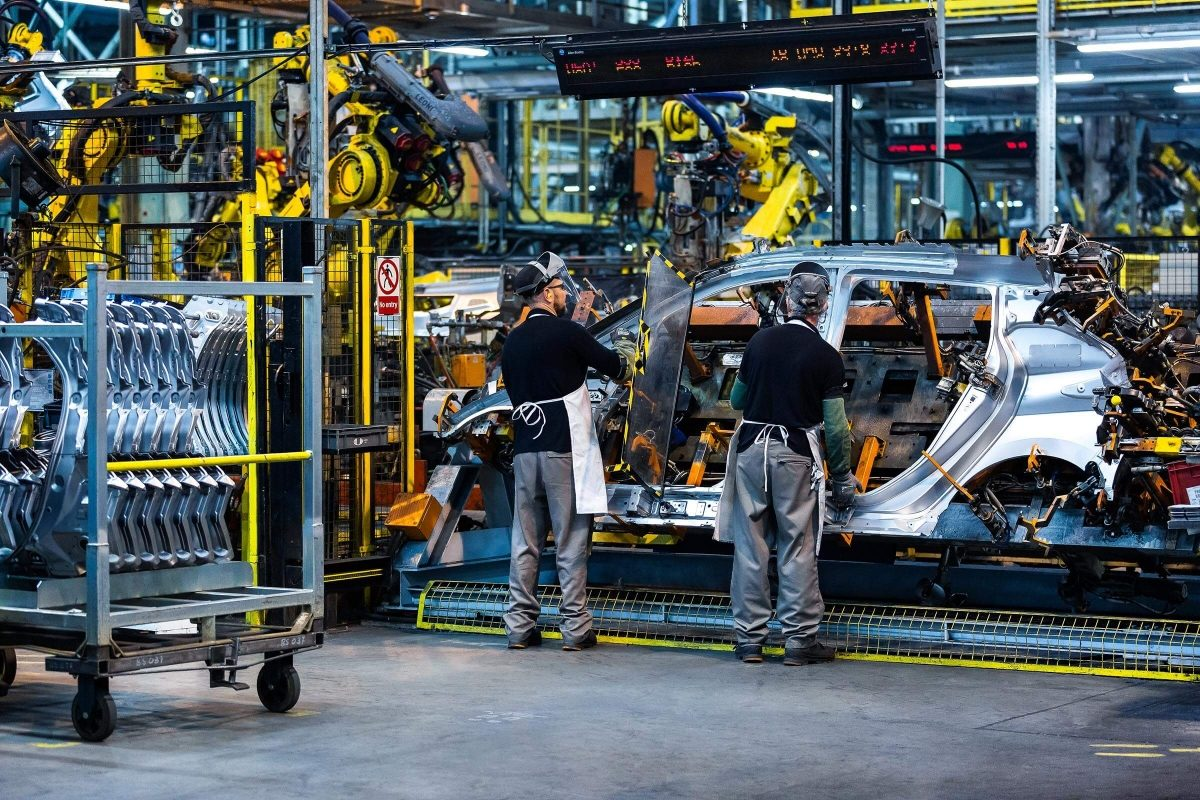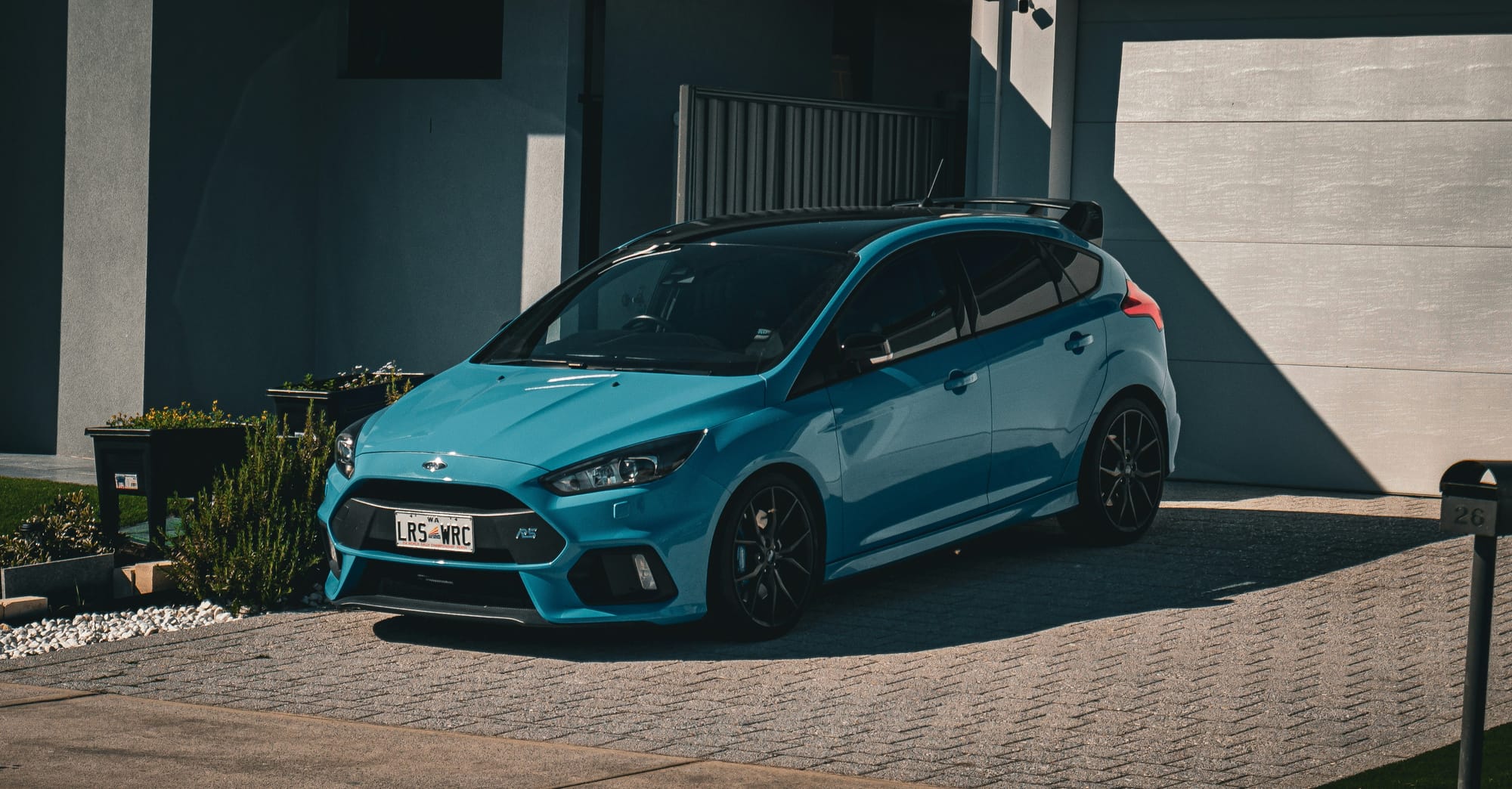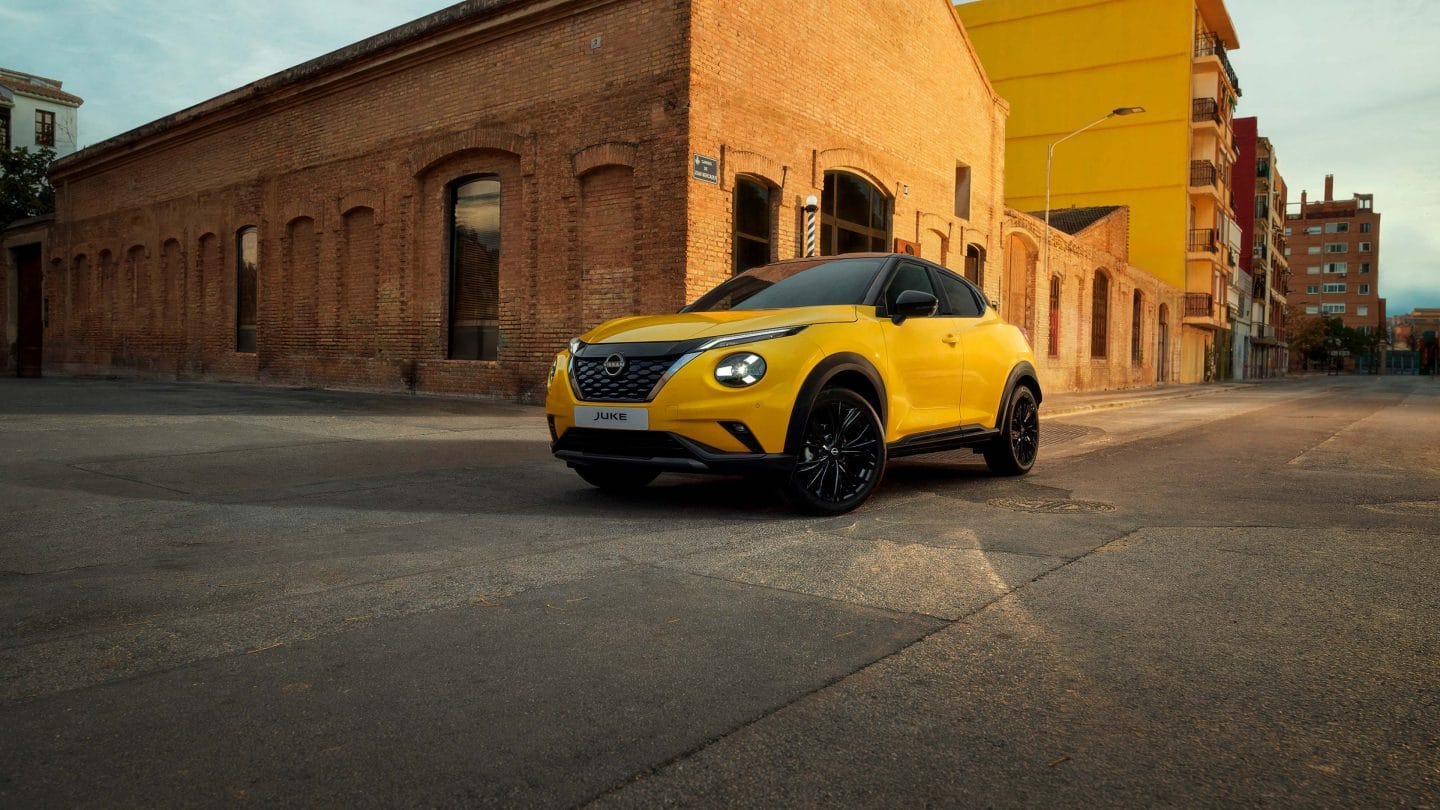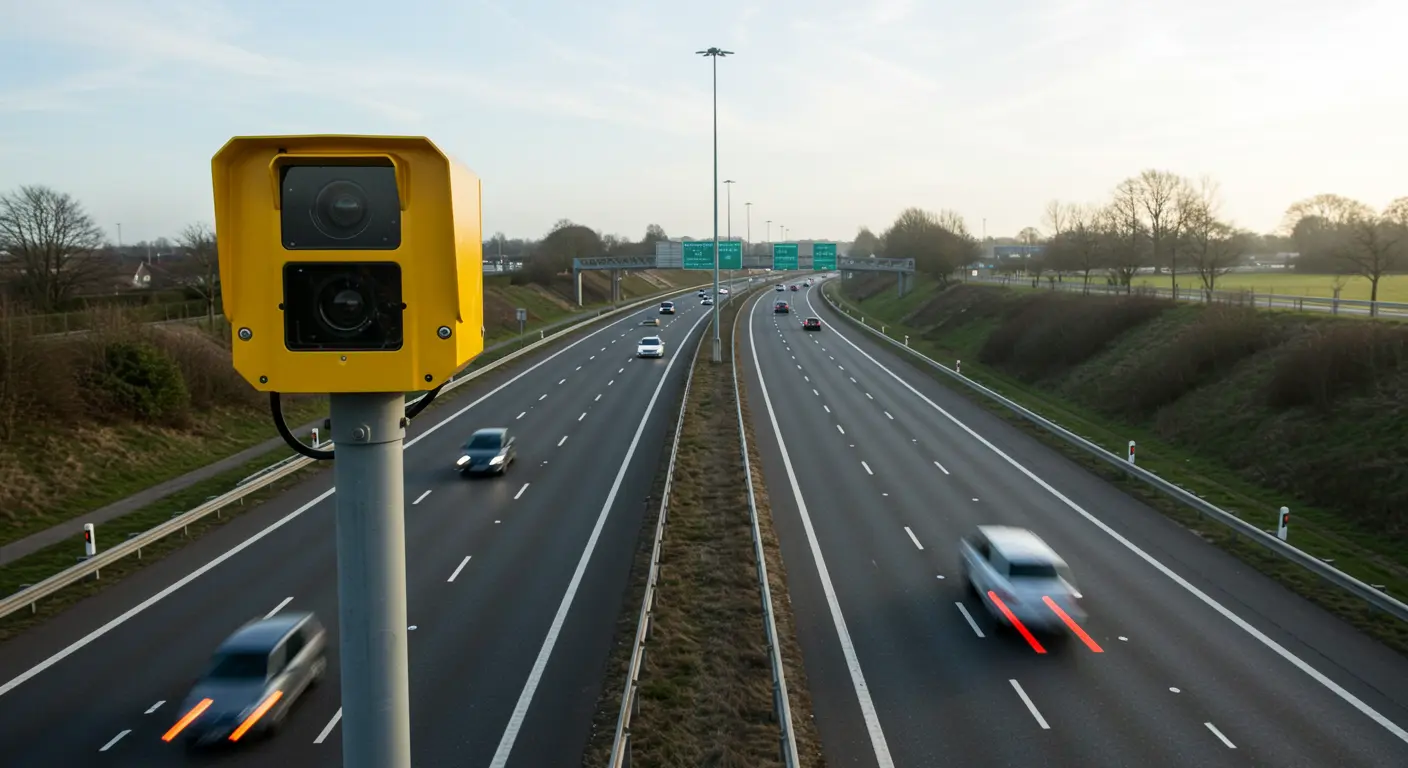Nissan, one of Japan’s most recognized automotive brands, finds itself at a critical juncture.
As reports emerge of a precarious financial situation, the company is said to have just 12 to 14 months to secure its future unless drastic measures are taken.
With Renault reducing its stake and sales faltering in key markets, Nissan is urgently seeking a strategic partner to stabilize its operations.

Nissan’s Financial Challenges
Declining Sales in Key Markets
Nissan has seen significant dips in sales in the U.S. and China, two of its largest markets.
These declines have contributed to an operating profit margin of just 0.5% for the first half of Japan’s fiscal year 2024, a sharp drop from previous years.
Production Cuts and Job Losses
To combat falling profits, Nissan announced a 20% reduction in global production capacity, alongside the elimination of 9,000 jobs.
The company aims to “stabilize and right-size” its operations, but the restructuring signals deeper challenges within the automaker.
Renault’s Reduced Stake
Renault, which rescued Nissan from near-bankruptcy in 1999, has gradually reduced its stake in the company.
The French automaker now holds less than 36%, with plans to lower it further.
This strategic shift leaves Nissan searching for a new long-term shareholder, with banks, insurance groups, or even Honda being potential candidates.
A source close to Nissan reportedly stated, “We have 12 or 14 months to survive.”
Potential Honda Partnership
Nissan’s newly announced partnership with Honda could offer some relief.
In August, the two companies signed a memorandum of understanding to collaborate on electric and software-defined vehicles (SDVs). This partnership includes:
- Shared electric motors and inverters.
- Battery collaboration.
- Platform-sharing for EVs and combustion vehicles.
While this alliance may not solve Nissan’s immediate financial woes, it lays the groundwork for synergies that could benefit both companies in the long term.
Government Interest in a Merger
Japan’s Ministry of Economy, Trade, and Industry has long envisioned a merger between Honda and Nissan.
While Honda has traditionally resisted such partnerships to maintain independence, Renault’s decreasing influence over Nissan may pave the way for closer ties between the two Japanese automakers.
Nissan’s Plans to Bounce Back
Despite the challenges, Nissan is rolling out measures to regain stability:
- Accelerating the introduction of new energy vehicles like hybrids and EVs in China.
- Expanding its e-Power hybrid lineup in the U.S.
- Cutting costs and improving operational efficiency.
CEO Makoto Uchida has also taken a 50% pay cut, along with other executive committee members, signaling the seriousness of the situation.
A Legacy of Triumphs and Tensions
Nissan’s history is a tale of resilience. In 1999, Renault saved the company from bankruptcy, and under the leadership of Carlos Ghosn, Nissan returned to profitability.
However, the partnership was fraught with tension, culminating in Ghosn’s dismissal for alleged financial misconduct in 2018.
Now, as Nissan faces another existential crisis, the automaker must navigate through a complex web of financial struggles, shifting alliances, and changing market dynamics.
What’s Next for Nissan?
Nissan’s ability to survive beyond 2025 depends on its capacity to secure a strategic partnership or investment.
While the Honda collaboration offers hope, the road ahead is challenging. If Nissan fails to stabilize, it risks losing its place as a leader in the global automotive industry.
Stay tuned as we track this unfolding story and its implications for the future of one of Japan’s most iconic carmakers.
what saved nissan from bankruptcy
Renault saved Nissan from bankruptcy in 1999.
who saved nissan from bankruptcy
In 1999, Renault saved Nissan from bankruptcy, and Nissan then purchased an additional 5% stake in Renault in September 2024.
nissan bankruptcy what happened
Nissan has decreased global production of 20% due to EV saturation in the global market and faces serious financial difficulties with only 6-12 months of trade before falling into bankruptcy.
See Also
















